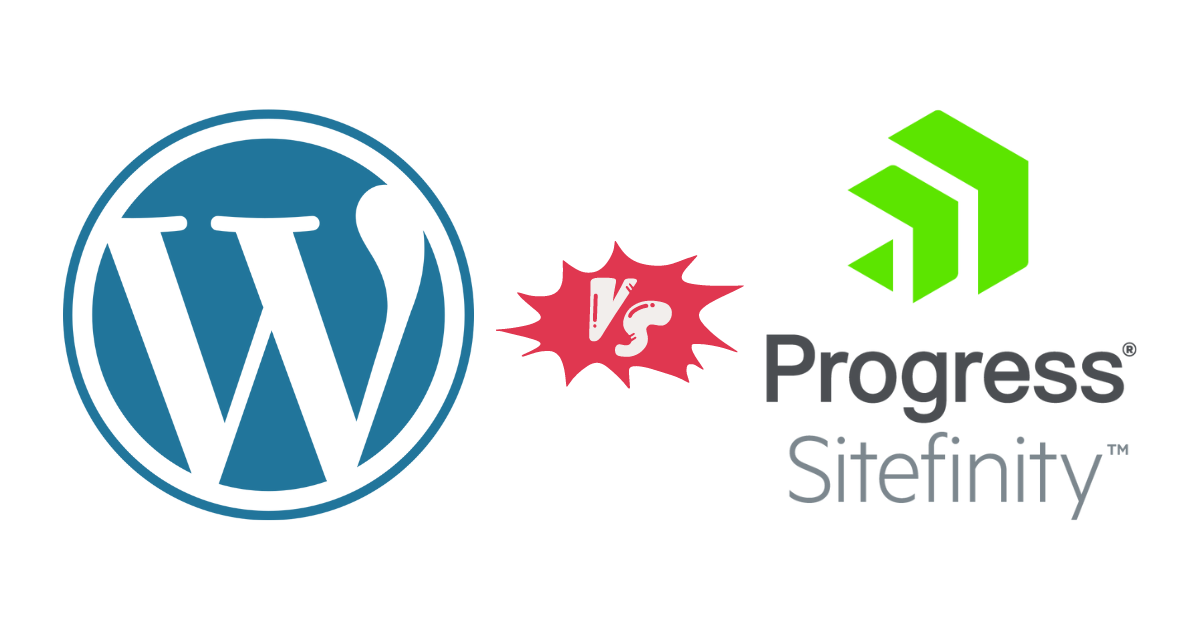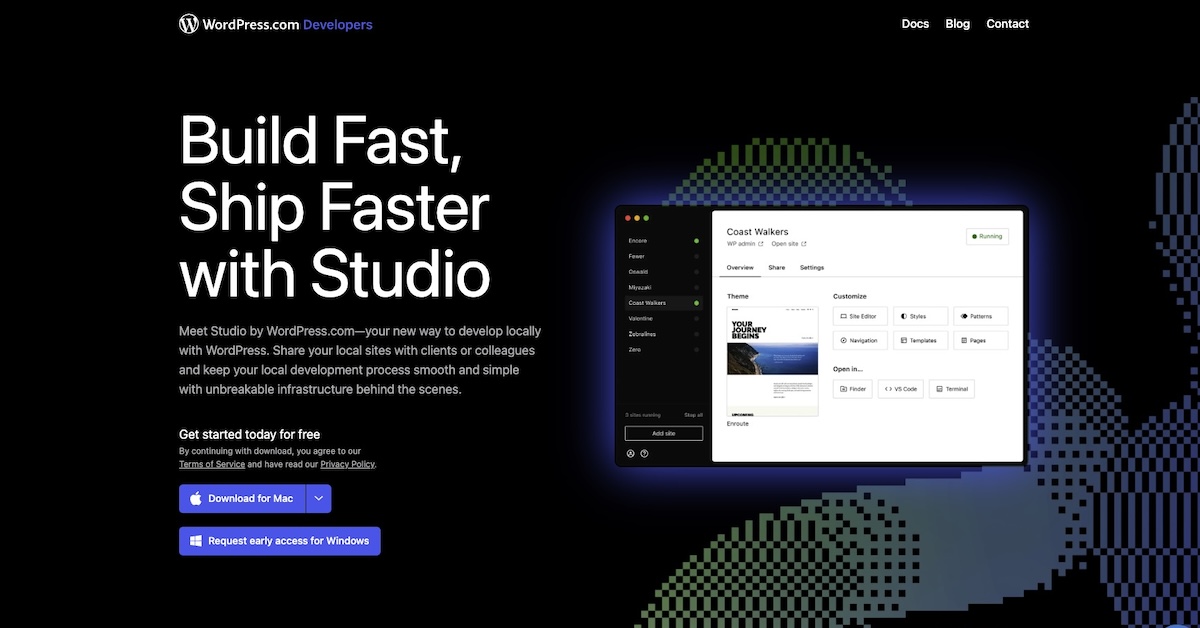Building a website can be exciting, but choosing the right platform can feel like picking a needle in a haystack. Two popular options, WordPress and Sitefinity, dominate the content management system (CMS) landscape, but each caters to different needs. So, which one is right for you? Buckle up, website warriors, as we delve into the key differences between these platforms to help you make an informed decision.
Target Audience:
Imagine yourself at a buffet. WordPress is the overflowing table with endless options, perfect for individuals, bloggers, and small businesses. Sitefinity is the curated selection of gourmet dishes, ideal for mid-sized to large businesses and organizations with complex needs.
Ease of Use:
Think user-friendly interface with readily available tutorials and resources. That’s WordPress. Sitefinity, however, requires more technical know-how, offering comprehensive training and support for those willing to invest the time.
Features:
WordPress boasts a massive library of plugins to add various functionalities, while Sitefinity comes packed with built-in features like marketing automation and multi-language support. Think flexibility vs. convenience.
Scalability:
WordPress can grow with you, but handling high traffic websites might require significant effort. Sitefinity, designed for scalability, handles large volumes with ease. Choose wisely, website warriors!
Cost:
WordPress can be free, but paid plugins and themes add up. Sitefinity requires paid licenses, making it generally more expensive. Consider your budget carefully.
Security:
WordPress demands proactive measures like regular updates and plugin management. Sitefinity offers robust built-in security, requiring less ongoing maintenance.
Support:
WordPress benefits from a vast online community, while Sitefinity provides dedicated paid support. Choose your support style.
The Verdict:
WordPress shines for:
- User-friendliness and affordability
- Extensive customization possibilities
- Large community for support
Sitefinity excels with:
- Built-in features for marketing, multi-language support, and security
- Scalability for high-traffic websites
- Dedicated professional support
Ultimately, the best choice depends on your specific needs. Consider your website’s goals, budget, and technical expertise. With this knowledge, you’ll be well-equipped to choose the platform that empowers your website to thrive!


